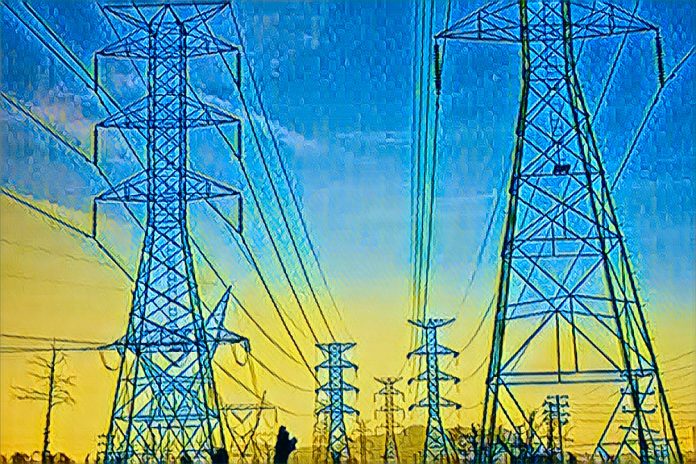Nigeria’s financial troubles are deepening as some of its neighbors and local customers continue to fall behind on their electricity bills. A recent report from the Nigeria Electricity Regulatory Commission (NERC) revealed that in the first quarter of 2024, Nigeria’s international electricity customers, including Benin Republic, Niger, and Togo, failed to pay a staggering $14.19 million owed for electricity supplied to them. This situation is causing concern as it adds more strain to Nigeria’s already struggling economy.
According to the NERC report, none of the four international customers who receive electricity from Nigeria made any payments on the $14.19 million bill issued to them for the first quarter of 2024. This is not a new issue; these countries have a history of falling behind on their payments, and this ongoing problem is putting significant pressure on Nigeria’s finances.
But it’s not just international customers who are behind on their payments. Domestic bilateral customers within Nigeria, who were billed a total of N1.86 billion for the same period, also failed to pay their dues. The report made it clear: “None of the bilateral customers within the country made any payment against the cumulative invoice of N1.86 billion issued to them by the Market Operator for services rendered in Q1 2024.”
Despite the grim outlook, there has been some progress in recovering previous debts. Two of the international customers managed to pay approximately $5.19 million from past quarters, while eight domestic customers settled about N505.71 million of their outstanding bills. Although these payments represent a small victory, the failure to pay current bills continues to be a major concern for Nigeria’s electricity sector.
On the home front, Nigeria’s electricity Distribution Companies (DisCos) also face challenges. In the first quarter of 2024, they were billed a massive N114.12 billion for services such as power generation, transmission, and administrative costs. While the DisCos did manage to remit N110.62 billion, they still fell short by N3.50 billion. However, it’s worth noting that this remittance rate of 96.93% is a significant improvement compared to the previous quarter’s 69.88%, indicating that efforts are being made to address financial issues within the sector.
The federal government is well aware of the growing issue of unpaid international electricity bills. In 2023, it was reported that Nigeria’s international customers owed a total of $51.26 million for electricity exported from the country. To address this, the government issued a directive in May 2024 to limit the amount of electricity supplied to international customers. According to the new rule, no more than 6% of Nigeria’s total grid generation per hour can be allocated to these international customers.
In addition to this, the NERC has criticized the current practice of prioritizing international customers over local distribution companies during grid imbalances, calling it inefficient and unfair. The commission has now mandated that electricity generation companies allocate no more than 10% of their generation capacity to international customers over the next six months. This new order aims to ensure that more of Nigeria’s electricity supply is directed towards meeting domestic needs first.
The situation serves as a reminder of the extensive financial difficulties currently facing Nigeria. With the country’s economy already strained by factors such as inflation and unemployment, the problem of unpaid electricity bills presents another significant challenge that requires immediate attention. While the government’s recent actions to restrict electricity exports and prioritize domestic needs are positive steps, more must be done to guarantee the stability of Nigeria’s electricity sector and to improve the country’s financial health.



